Sport
Dollar
38,2552
0.34 %Euro
43,8333
0.15 %Gram Gold
4.076,2000
0.31 %Quarter Gold
6.772,5700
0.78 %Silver
39,9100
0.36 %African countries have become a voice of reason and brought forth a sense of justice which was greatly lacking because the world-leading countries of the West have revealed time and time again their skewed moral compass.
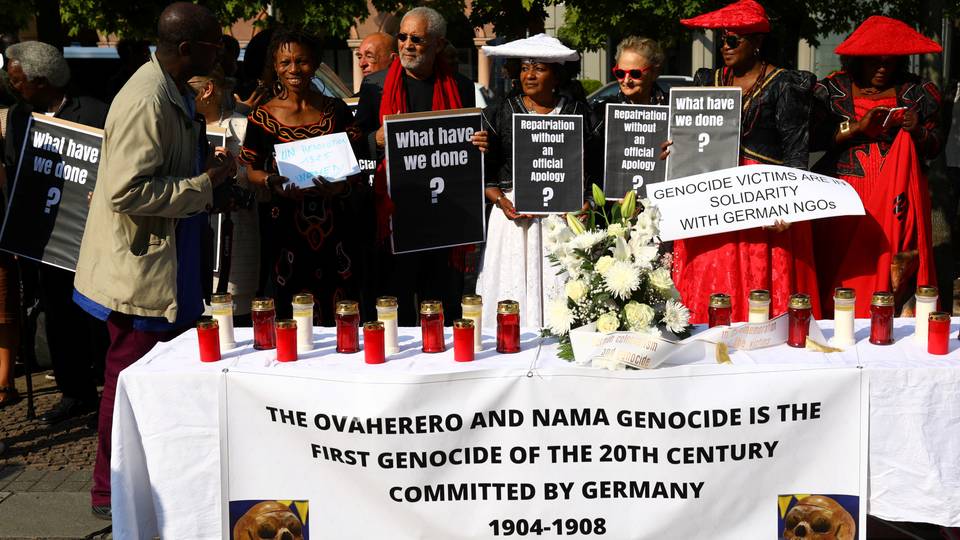
By Yahya Habil
The Republic of Namibia’s Presidency recently issued a statement rejecting what it deemed “Germany’s support of the genocidal intent of the racist Israeli state against innocent civilians in Gaza.
This came in the wake of Germany’s rejection of a genocide case brought by South Africa at the International Court of Justice (ICJ) against Israel for its ongoing war on Gaza.
In a post of the social media platform X, Namibia recalled the genocide of the Namibian people committed by the German Empire as the first genocide of the 20th century (1904-1908).
It said Germany, which is yet to fully atone for the genocide, has no moral high ground when it comes to matters of genocide and crimes against humanity.
This is because Germany, as the Namibian Presidency has pointed out, suffers from the inability to draw lessons from its horrific history.
With Namibia’s criticism of Germany and South Africa’s indictment of Israel at the ICJ, a recurring theme or trend has begun to form, if not already has, where African countries are becoming the vanguards of international rules and an authority on crimes against humanity throughout the world.
Skewed moral compass
In fact, African countries were the backbone of the UN General Assembly’s Resolution 3379, which had declared Zionism as a form of racism and racial discrimination.

In addition, and more recently, the Gambia has taken Myanmar to the ICJ for accusations of genocide against the Rohingya people.
As a result, African countries have filled a vacuum in this world as they have become a voice of reason and brought forth a sense of justice which was greatly lacking, because the world-leading countries of the West have revealed time and time again their skewed moral compass.
Moreover, it is only natural that African countries spearhead the fight against oppression and colonialism as the latter’s most horrifying episodes occurred in Africa. In other words, Africans know the horrors of colonialism too well, which is why they’re willing to adopt a genuine “Never Again” policy and identity.
And when it comes to the specific case of Israel and its act of ethnic cleansing towards the Palestinian people in Gaza, it is absolutely no coincidence that South Africa is the one taking Israel to court.
No longer chained
This is relevant because South Africa has an extra grievance which is that of apartheid, i.e. the system of racial segregation which officially ruled the country from 1948 to 1991, and is the law of the land in Israel since its inception which ironically also took place in 1948.

Today’s South Africa is no longer chained by apartheid, and is instead ruled by the same people who defeated the apartheid regime which was once an ally of Israel.
Furthermore, despite it not being mentioned in the Namibian Presidency’s recent post, the same applies for Namibia, as Namibia’s national experience is not so different from South Africa’s. After all, the country was formerly known as South-West Africa and was under the control of the South African government up until 1990.
Therefore, Namibia also has that extra moral standing as it also suffered from the rule of apartheid, and not just the genocide committed against its people in the early 20th century, which saw the collective punishment of the Herero and Namaqua peoples of Namibia.
As one can infer, the events of this genocide strangely resemble what has happened in Gaza, thus giving Namibia yet another reason to stand against Israel’s actions.
Germany's branding fear
Namibia, just like its sister nation of South Africa, is making sure that the lessons learned from colonialism do not go in vain, as it is today standing up for the Palestinian cause, the cause of all oppressed peoples.
Unlike its former coloniser Germany, Namibia very well has the ability to draw valuable lessons from its own history.
Through its national experience, Namibia understood that its independence which emerged out of genocide and colonialism meant that it should ensure that such injustice should not be repeated.
On the other hand, Germany did not heed the lesson that a genocide against any group of people, and not just Jews, is unacceptable no matter the context.
Instead, it remains morally inept by turning a blind eye to Israel’s actions as it is afraid to be branded once again as anti-Semitic.
This is by no means surprising as Germany’s post-WWII foreign policy has been centered around distancing the country from the image of a global aggressor.
The crimes within
However, what Germany seems to be unaware of is that, by supporting Israel’s recent actions, it is reviving and reinforcing the very image of the aggressor.
As for Namibia and its fellow African countries, despite this honourable position of true moral high-ground, they still have a long way to go if they want to remain a voice of reason and the authority on crimes against humankind in today’s inhumane world.
African countries should also pay attention to the crimes against humanity being committed elsewhere, especially within the continent itself, as they are unfortunately abundant.
Only then Africa might find itself at the threshold of a historical, civilisational resurgence, since morality is the true foundation and point of departure for every solid civilisation.
The author, Yahya Habil, is a Libyan freelance journalist focusing on African affairs. He is currently working with a think tank in the Middle East.
Disclaimer: The views expressed by the author do not necessarily reflect the opinions, viewpoints and editorial policies of TRT Afrika.
➤Click here to follow our WhatsApp channel for more stories.
Comments
No comments Yet








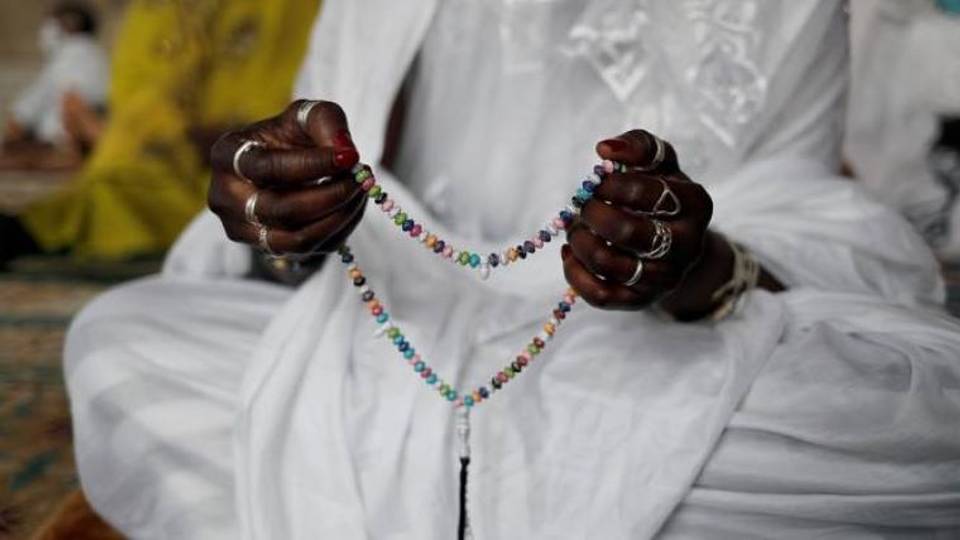
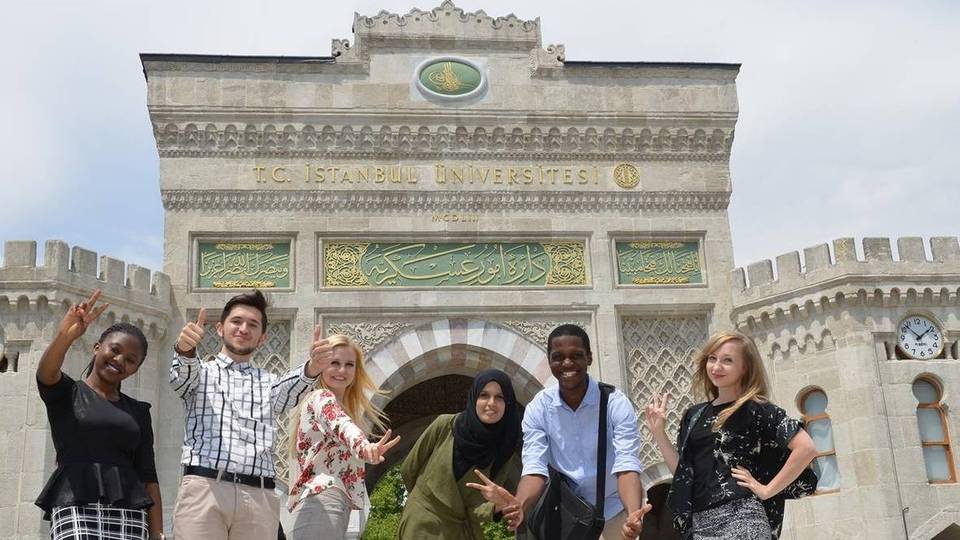
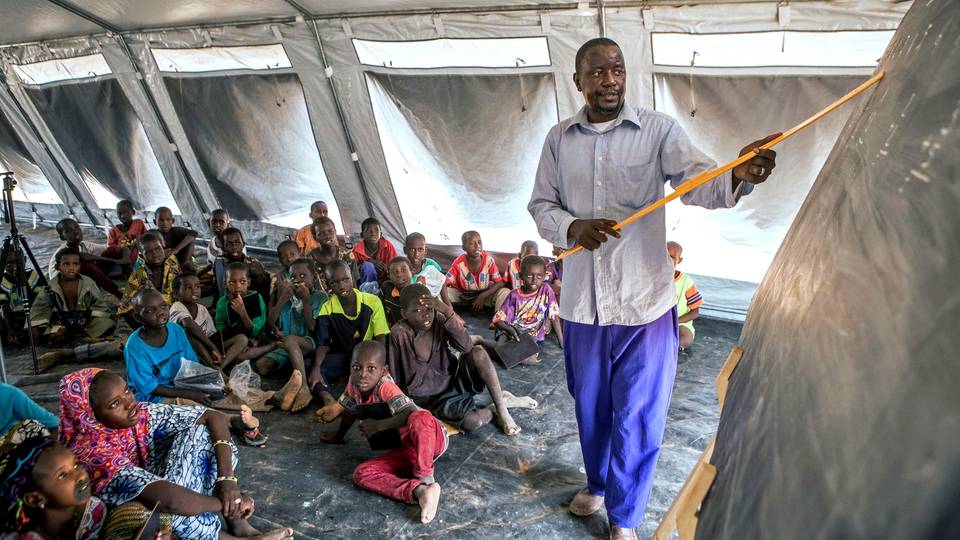
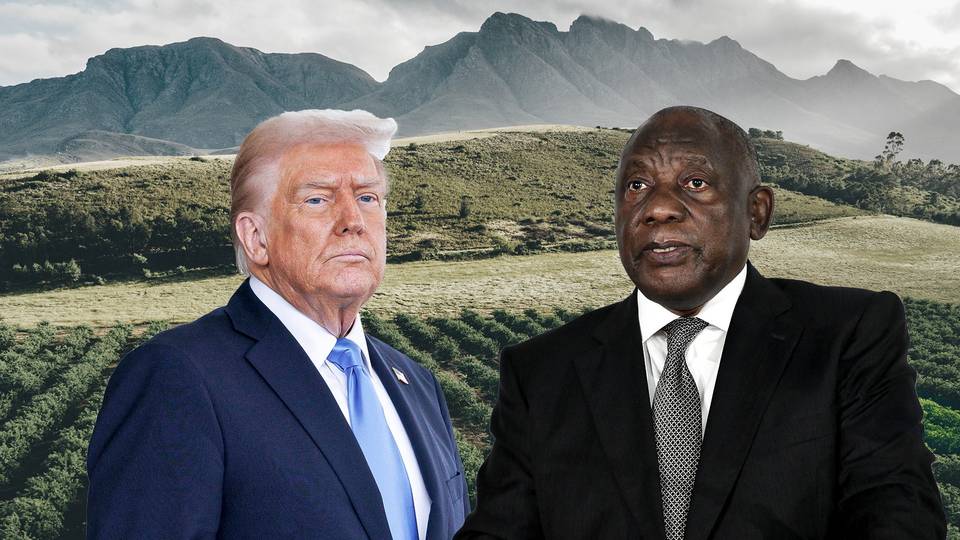








Comment